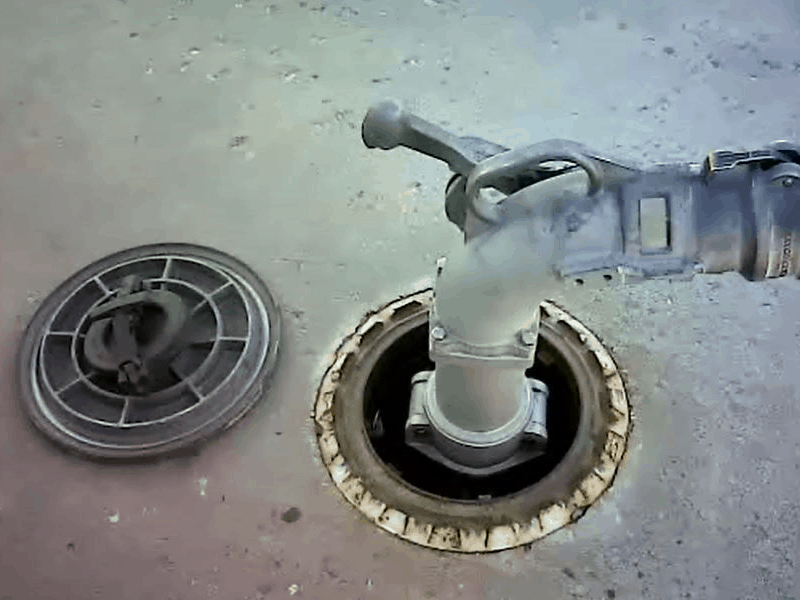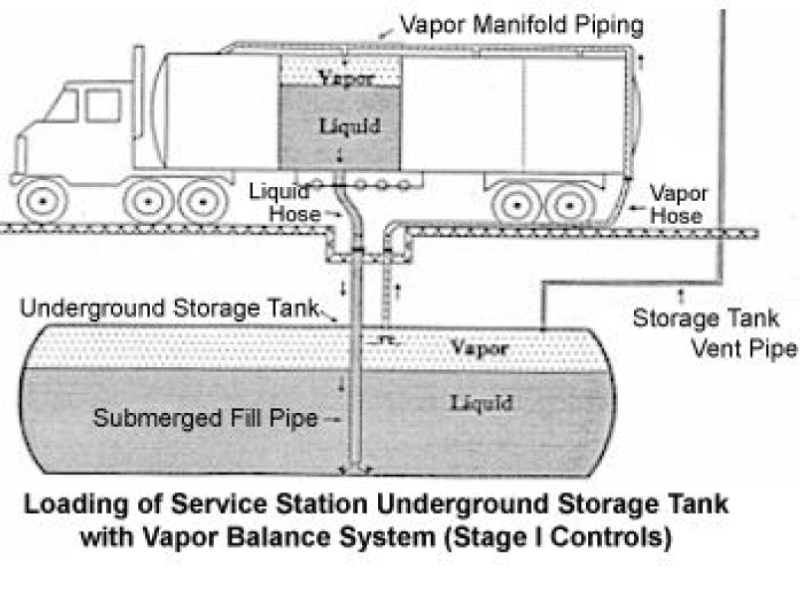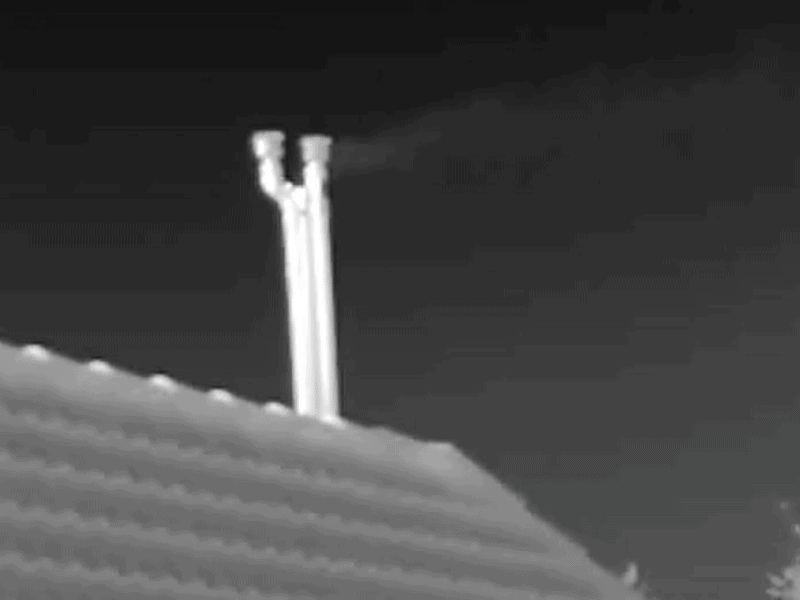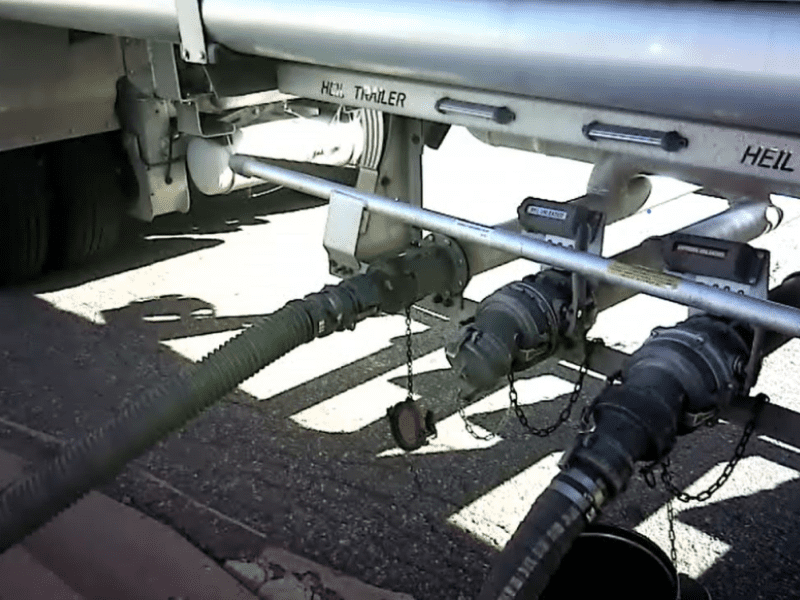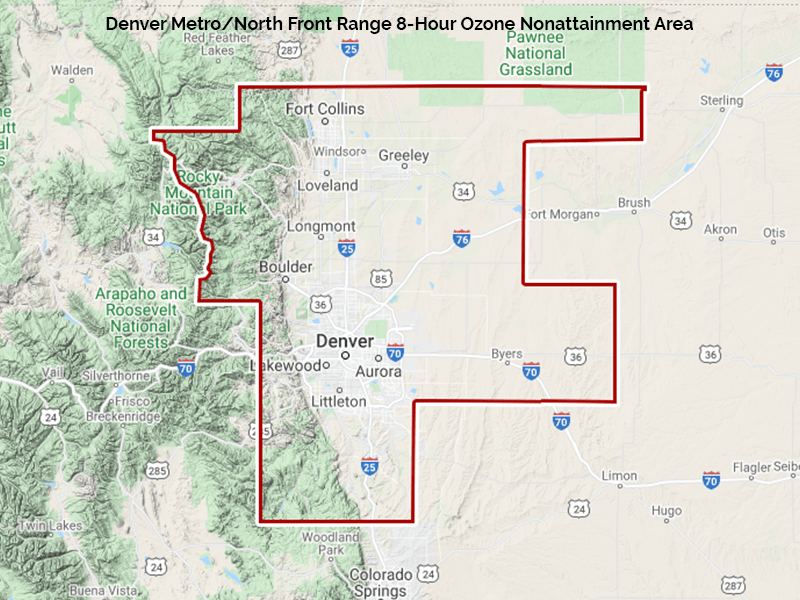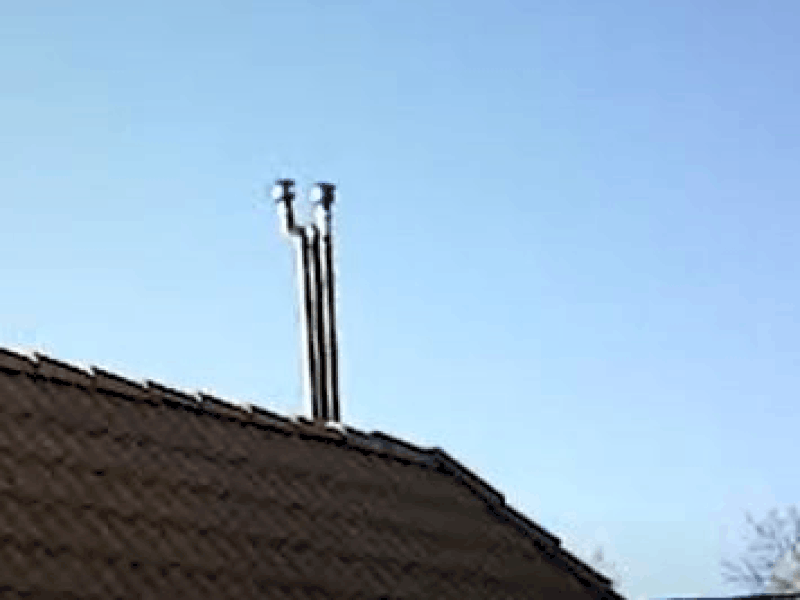Air quality guidance for Colorado gas stations identifies expectations, penalties
The Colorado Department of Public Health & Environment (CDPHE) recently provided guidance to gasoline dispensing facilities (GDFs) owners/operators and gasoline transport trucks for complying with Air Quality Control Commission (AQCC) regulations – including the penalties they could face if they don’t.
The creation of the guidance was initiated by Colorado Senate Bill SB20-218, which the governor signed into law on June 30, 2020. SB20-218 instructed CDPHE to collaborate with stakeholders from gasoline-dispensing facility and gasoline transport truck companies to develop guidelines for the design, operation, and maintenance of gasoline dispensing facilities and gasoline transport trucks to assist owners and operators in complying with AQCC regulations. The bill also created civil penalties for GDFs and transport truck operators that fail to comply with the vapor-collection system or associated record-keeping requirements outlined in Regulation 7.
In accordance with the act, owners/operators of GDFs who violate requirements to maintain the proper documents – gasoline and diesel consumption records, and inspections/maintenance and component replacement records – are subject to a civil penalty of not more than $5,000 for the first violation, $10,000 for the second violation and $15,000 for subsequent violations.
Call a CGRS Expert:
800.288.2657

Drezden Kinnaird
Project Manager
Environmental Scientist
Energy Services Division
The act also created new civil penalties of not more than $15,000 per day for each violation at gasoline dispensing facilities that fail to maintain a properly functioning vapor collection system, as described in the guidance (see illustration below). The guidance notes that having the required records may be taken into consideration if a AQCC inspector observes emissions during an inspection.
The issuance of the guidance document follows the AQCC’s increased efforts to enforce Regulation 7 following the U.S. Environmental Protection Agency (EPA) reclassification of the Denver Metro Northern Front Range (DMNFR) as a “serious” nonattainment area in 2019. The region’s ozone data failed to show attainment of the U.S. Environmental Protection Agency (EPA) 2008 8-hour Ozone National Ambient Air Quality Standard (NAAQS) of 75 parts per billion (ppb) between 2015 and 2017. The DMNFR consists of a nine-county area that includes Adams, Arapahoe, Boulder, Broomfield, Denver, Douglas, Jefferson, and portions of Larimer and Weld.
A Guide to Air Regulations for Gasoline Dispensing Stations & Gasoline Transport Trucks in Colorado describes how GDFs located in Colorado’s 8-hour ozone nonattainment area must file an Air Pollutant Emission Notice (APEN) if uncontrolled actual volatile organic compounds (VOC) emissions equal or exceed 1 ton per year. These stations must file an APEN and obtain an air permit if uncontrolled actual VOC emissions equal or exceed 2 tons per year. A GDF would require an APEN if it dispenses 145,000 gallons or more of gasoline annually, though stations in an ozone attainment area are exempt from obtaining an air permit.
How CGRS can help
CGRS’ Energy and Refined Fuels divisions have extensive knowledge of and experience in helping GDFs comply with the state’s air quality regulations. Our teams can:
- Review your facility’s APEN/permit compliance status
- Submit APEN/permit documents to CDPHE, if needed
- Assist owners/operators in maintaining the required records, including:
- Annual records of gasoline and diesel throughput (gallons per year) that must be maintained and available to the APCD upon request for inspection
- A copy of the most recent air permit (if required) and fuel consumption records
- Detailed records of inspection/maintenance actions and any component replacement
- Help owners/operators determine if their vapor collections systems are functioning properly by sending Compliance Services technicians to inspect and test them, and/or replace pressure vacuum vent caps (PVVC) if needed, and our Energy team can perform a FLIR inspection if necessary
Call a CGRS Expert:
800.288.2657

Elizabeth Wilson
Project Manager/Geologist
Energy Services Division
Call 800.288.2657 to speak with our Energy or Refined Fuels experts today.
To review CGRS’ past articles related to the CDPHE’s enforcement of fugitive emissions violations at GDFs, go to https://www.cgrs.com/cdphe-begins-issuing-fines-for-fugitive-emissions-to-gasoline-dispensing-facilities/ and https://www.cgrs.com/flir-technology-helps-identify-emissions-at-fuel-facilities/.

